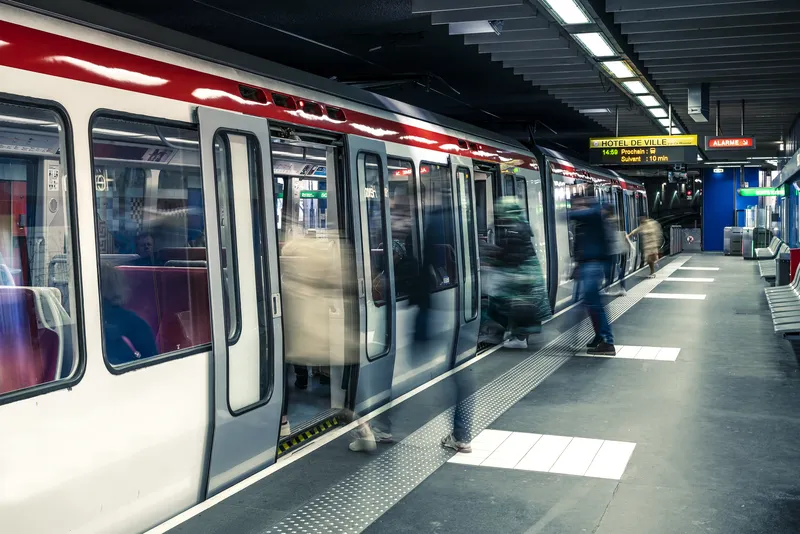
Payment services provider Worldline is introducing its contactless Open Payment solution on the Lyon public transport network for transit agency Sytral Mobilités.
The largest of six projects where Worldline is deploying the product in France, the company worked with Caisse d'Epargne Rhône-Alpes to offer validation and control equipment, a central system and a fully-secure payment chain certified by the CB, Visa and Mastercard schemes.
The TCL Bankcard service is based on the Worldline Open Payment WL Tap 2 Use solution and more than 4,000 Yoval validators on over 100 bus routes, seven tram lines, four metro lines and two funiculars, as well as the park and ride service in the Lyon area.
Users do not have to register or download an app - they simply tap to validate their journey.
The system consolidates these throughout the day to calculate the best fare, made up of either single tickets or a capped daily maximum amount beyond three journeys.
A user portal allows travellers to obtain a receipt for expense claims.
Jean Chaussade, Sytral's deputy director of equipment and assets, praised the partners: "Their concerted efforts mean that occasional travellers in the Lyon metropolitan area and visitors now have a new and particularly simple way of accessing its public transport network."
Aurélien Barbier-Accary, director of Worldline MTS France, said: "Open Payment has been a great success wherever it has been launched and we have seen up to 45% of unit ticket revenues at one of our customers."









